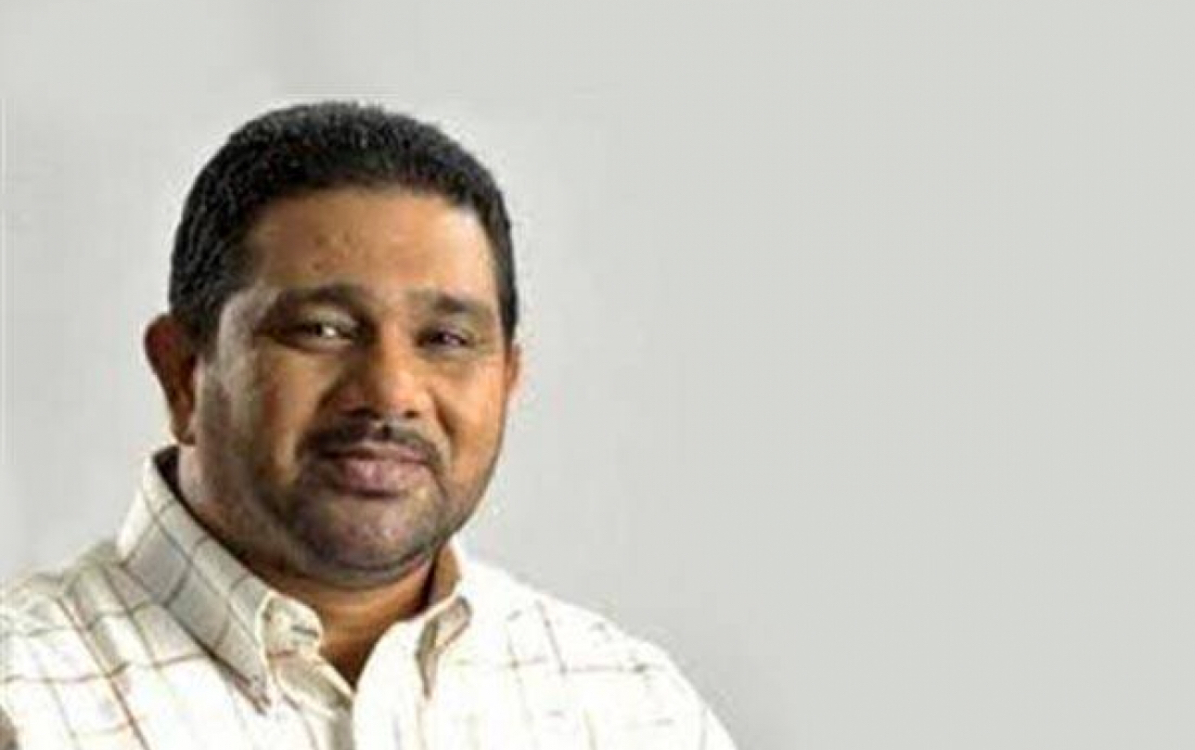The Supreme Court today granted leave to proceed with the Fundamental Rights petition filed on behalf of former Governor of Western Province Azath Salley.
Accordingly, the Supreme Court three-judge-bench comprising Chief Justice Jayantha Jayasuriya, Justice S. Thurairaja and Justice Yasantha Kodagoda fixed the petition to be taken up for argument on December 15.
The Supreme Court decided to grant leave to proceed in terms of Article 12(1) of the constitution – equal protection of the law and Article 13(1) – freedom from arbitrary arrest.
The respondents were directed to file their objections on or before November 19 and the petitioner was ordered to file counter objections before December 19.
It was transpired in court that the respondents had failed to comply with section 6 of the Prevention of Terrorism Act when dealing with Azath Salley over the alleged offences.
The Attorney General has already filed indictments in Colombo High Court against Azath Salley in connection with the controversial statement he made on March 9.
The indictments have been filed against Salleyfor committing offences come under Prevention of Terrorism Act (PTA)and International Covenant on Civil and Political Rights (ICCPR) Act.
Azath Salley had filed a fundamental rights petition in the Supreme Court seeking an order to release him from CID custody.
Salley was arrested by the CID and currently being detained over controversial remarks he made detrimental to ethnic religious harmony in the country.
Filing this petition through his lawyer, AzathSalley alleged that he was arrested on baseless charges and seeking a declaration that his fundamental rights have been violated by the respondents through his arrest and detention.
The petition had named the IGP, CID Director, Minister of Public Security and Secretary to the Ministry of Public Security and Attorney General as respondents.
The petitioner stated that he addressed a press conference held on March 9 stating that the affairs of the Muslim people of Sri Lanka should be governed in accordance with Muslim law.
The petitioner states that following the media conference relating to this incident, he was arrested by CID under the Prevention of Terrorism Act (PTA). He denied the allegations that he was involved in the Easter Sunday attack.





